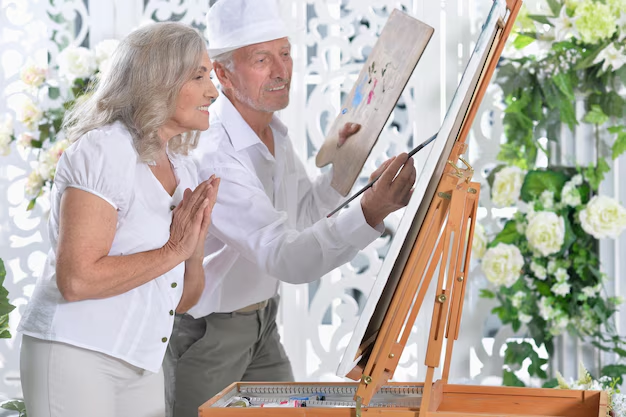Everyday Discounts
Made for Seniors
Enjoy discounts on groceries, dining, retail stores, travel, and online shopping — all designed to help you stretch your dollars further.
Free Membership
Senior Savings Start Here
Instant Access to Knowledge
Explore hundreds of expert-written ebooks and guides—available anytime.
Answers When You Need Them
Ask questions and get accurate, real-time responses from our AI experts.
Finding Discounts Made Easy
Combine in-depth guides with instant answers to master any topic faster.
How It Works
Discover top senior discounts and offers from trusted brands—all in one easy place.
Browse deals, learn how to claim savings, and start enjoying more for less today.

Sign up online to start saving with exclusive senior discounts today.
